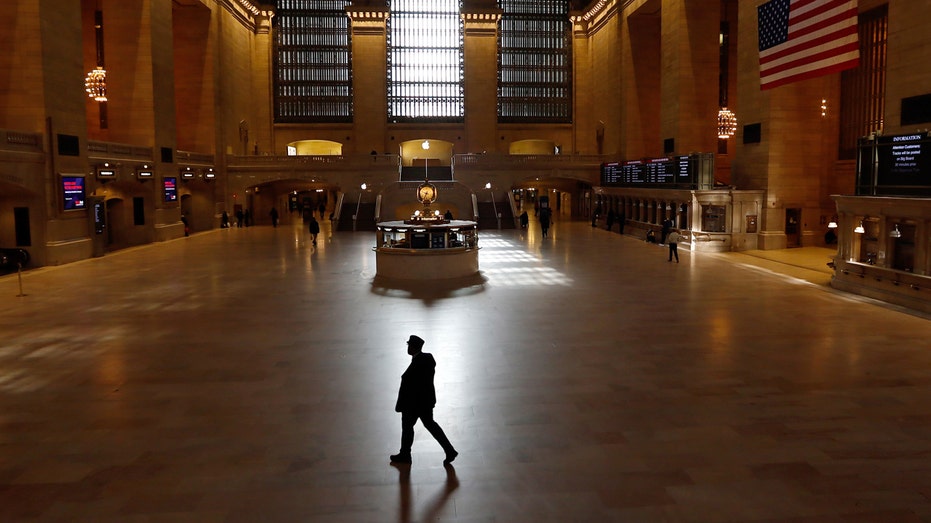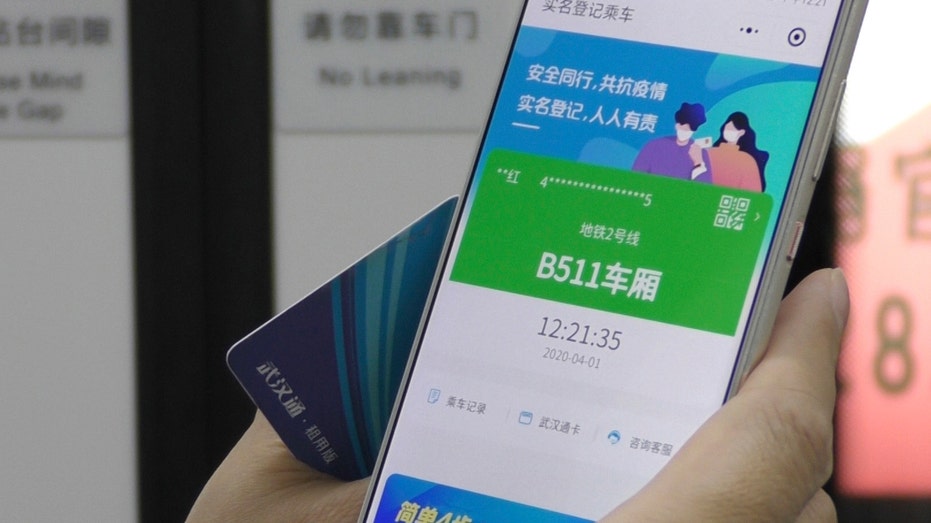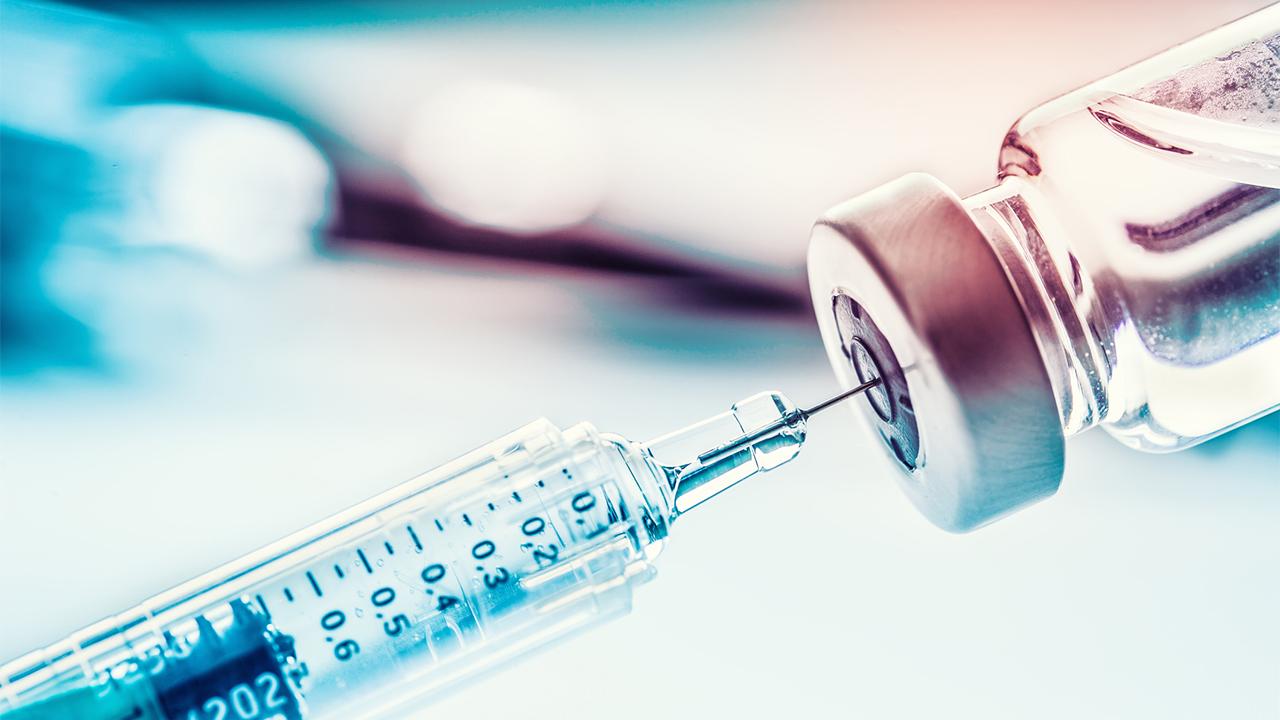What are coronavirus immunity cards?
The card would determine who is allowed to reenter the public
Get all the latest news on coronavirus and more delivered daily to your inbox. Sign up here.
The idea of novel coronavirus immunity cards has become part of the national COVID-19 conversation in the United States as more medical clinics and labs come out with virus tests.
An immunity card, passport, app or another form of ID would be used to identify people who have been tested as either COVID-19 positive or negative.
The card would determine who is allowed to reenter the public in an effort to gradually open up the country after nationwide lockdowns put in place to contain the virus. Some U.S. cities have been in lockdown mode for several weeks.

NEW YORK, NY - MARCH 22: A train conductor walks through the virtually empty Grand Central Terminal on March 22, 2020 in New York City. The "New York State on PAUSE" executive order, a 10-point policy to assure uniform safety for everyone goes onto e
About a half-million COVID-19 cases have been confirmed in the United States, but experts have said that number of confirmed cases would likely be higher if the country had access to more tests, which are in short supply.
CHINA'S CORONAVIRUS HOT SPOT WUHAN REOPENS
The use of immunity cards to keep track of those who have tested positive for the virus has been suggested by some health experts. But critics have pointed to several problems including how to determine immunity, the logistical issues of delivering cards to everyone in the United States and the potential for fraud.
"One problem with this 'immunity card' proposal is that the [National Academy of Sciences] committee advising the [White House] Coronavirus Task Force just yesterday said that we do not yet know whether immunity actually exists or for how long," Roger Pielke Jr., a University of Colorado Boualder professor and Forbes columnist wrote on Twitter.
Pielke linked to a National Academy of Sciences study that found COVID-19 detection ranges based on the test. Sometimes, it takes days or even weeks to detect the virus after the onset of symptoms.
The Chinese government developed an app that serves the same purpose. The app shows a green symbol for those who are sympton-free.
The green code is required to board a subway, check into a hotel or just enter Wuhan, the central city of 11 million people where the pandemic began in December.
GOOGLE OFFERS USER LOCATION DATA TO HEALTH OFFICIALS TACKLING CORONAVIRUS
The system is made possible by the Chinese public's almost universal adoption of smartphones and the ruling Communist Party's embrace of "Big Data" to extend its surveillance and control over society.

In this April 1, 2020, photo, a passenger holds up a green pass on their phone on a subway train in Wuhan in central China's Hubei province. Green is the "health code" that says a user is symptom-free and it’s required to board a subway, check into a
Other Eastern countries have turned to surveillance of phones to discover the people who may have been in contact with the virus and their movement in public. The United States and Europe, which have often been more protective of private' data than those countries, are now looking at similar methods, like apps and cellphone data.
The Centers for Disease Control and Prevention is creating a portal that will compile phone geolocation data to help authorities predict where outbreaks could occur next and to determine where resources are needed. Although the effort faces privacy concerns.
The anonymized data from the mobile-advertising industry shows which retail establishments, parks and other public spaces are still drawing crowds that could risk accelerating the transmission of the virus.
CLICK HERE TO GET FOX BUSINESS ON THE GO
Massachusetts Institute of Technology researchers have developed an app to track COVID-19 patients and the people with whom they have interacted, and the researchers are in talks with the federal government about its use, The Wall Street Journal has reported.
CLICK HERE TO READ MORE ON FOX BUSINESS
The Associated Press contributed to this report.




















